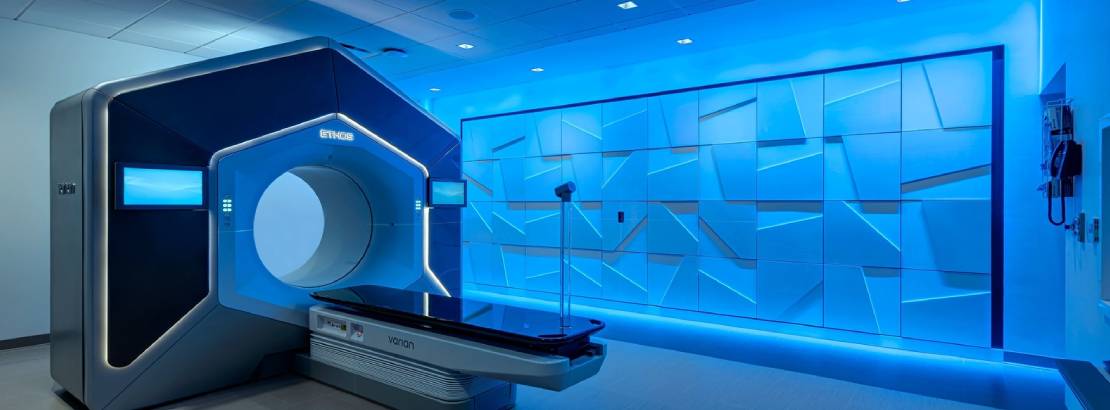
Radiation Oncology: Understanding Radiation Therapy and How to Prepare
What is Radiation?
Radiation refers to high-energy particles or waves, such as X-rays, gamma rays, or proton beams, that are used in medicine to treat cancer. By targeting and destroying cancerous cells, radiation therapy helps shrink tumors and eliminate cancer from the body. At Geo Healthcare, we understand that navigating radiation therapy can feel overwhelming, and we are here to guide you through the process with care and expertise.
Introduction to Radiation Oncologists
Radiation oncologists are specialized doctors who oversee radiation treatments for cancer patients. They work closely with a multidisciplinary team of healthcare professionals to develop individualized treatment plans, ensuring that the right type and dosage of radiation are delivered. Radiation oncologists will not only monitor your progress throughout the therapy but also help manage any side effects that may arise.



























